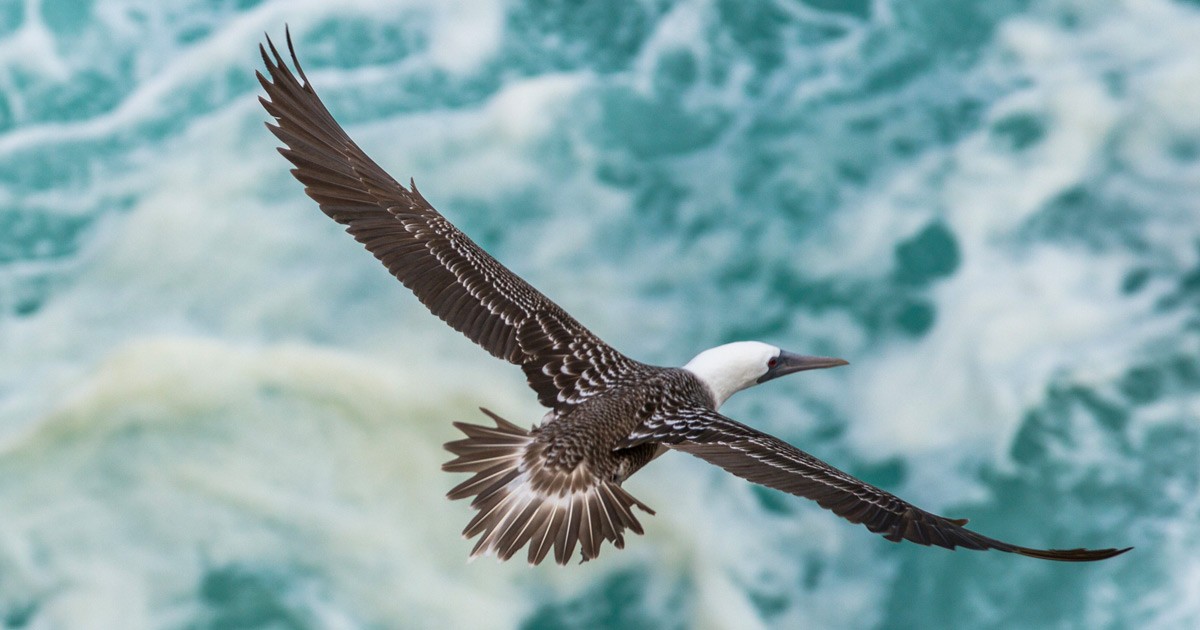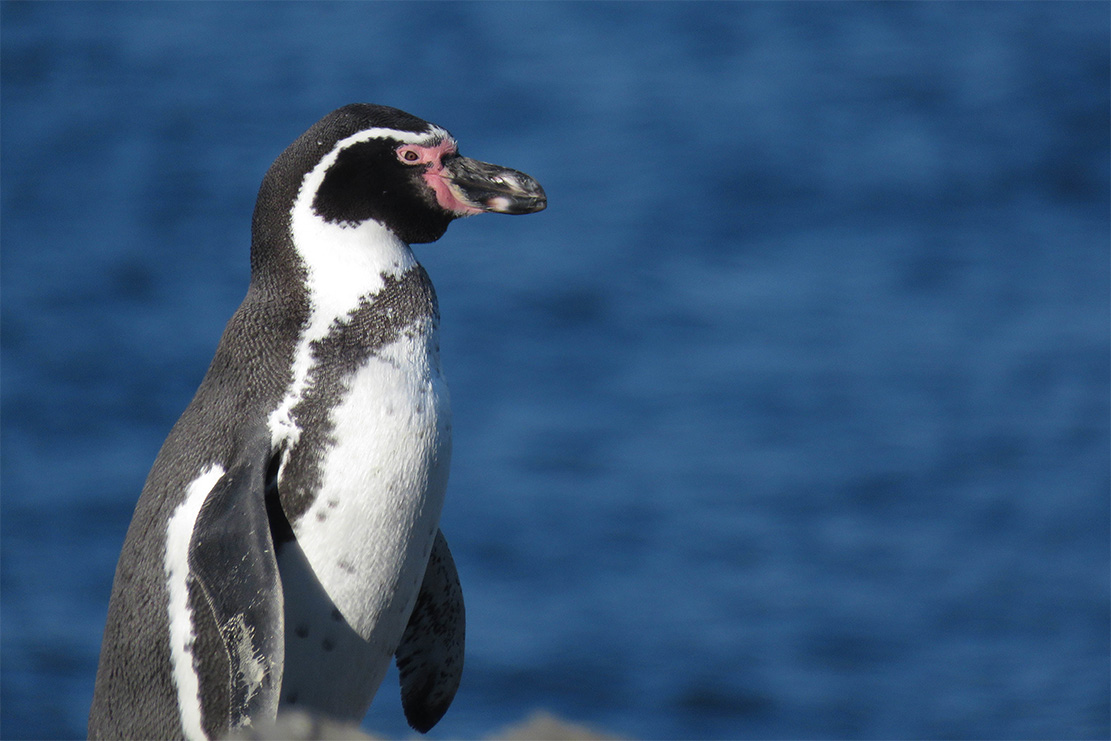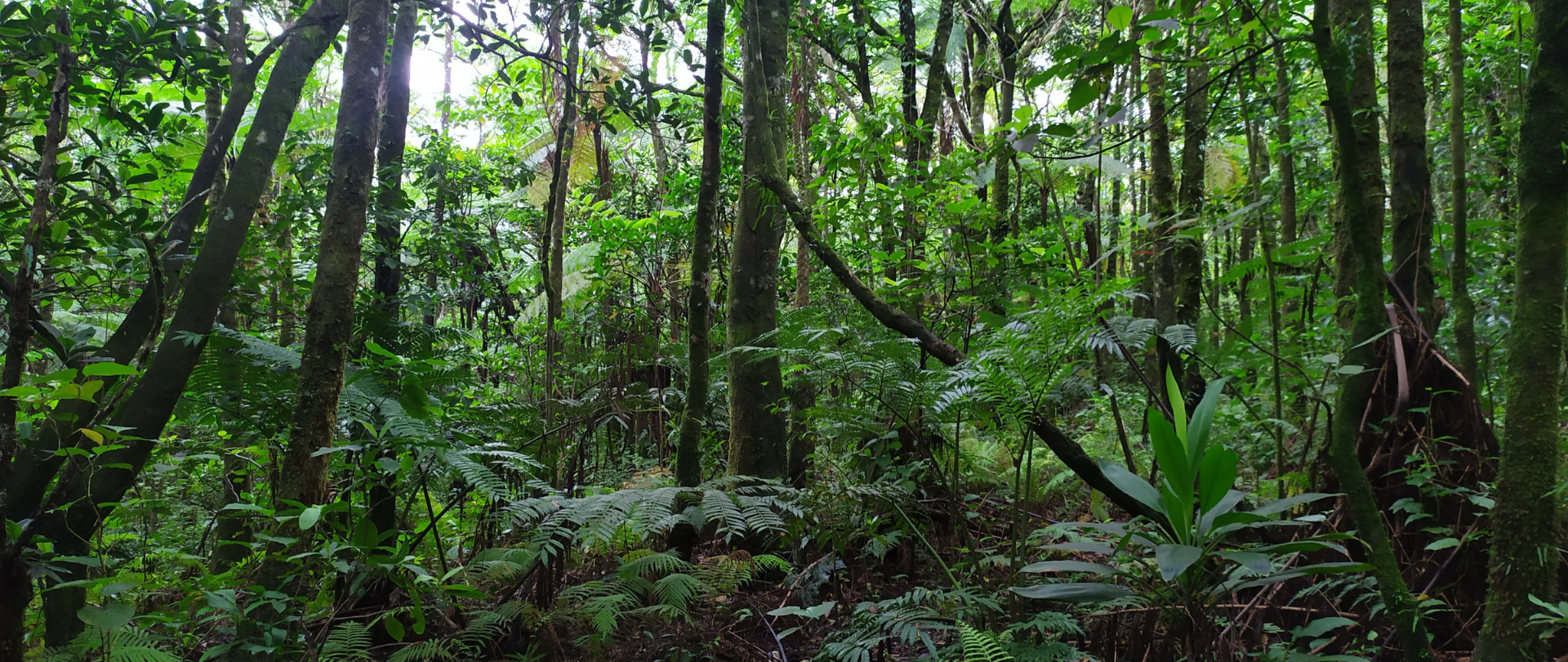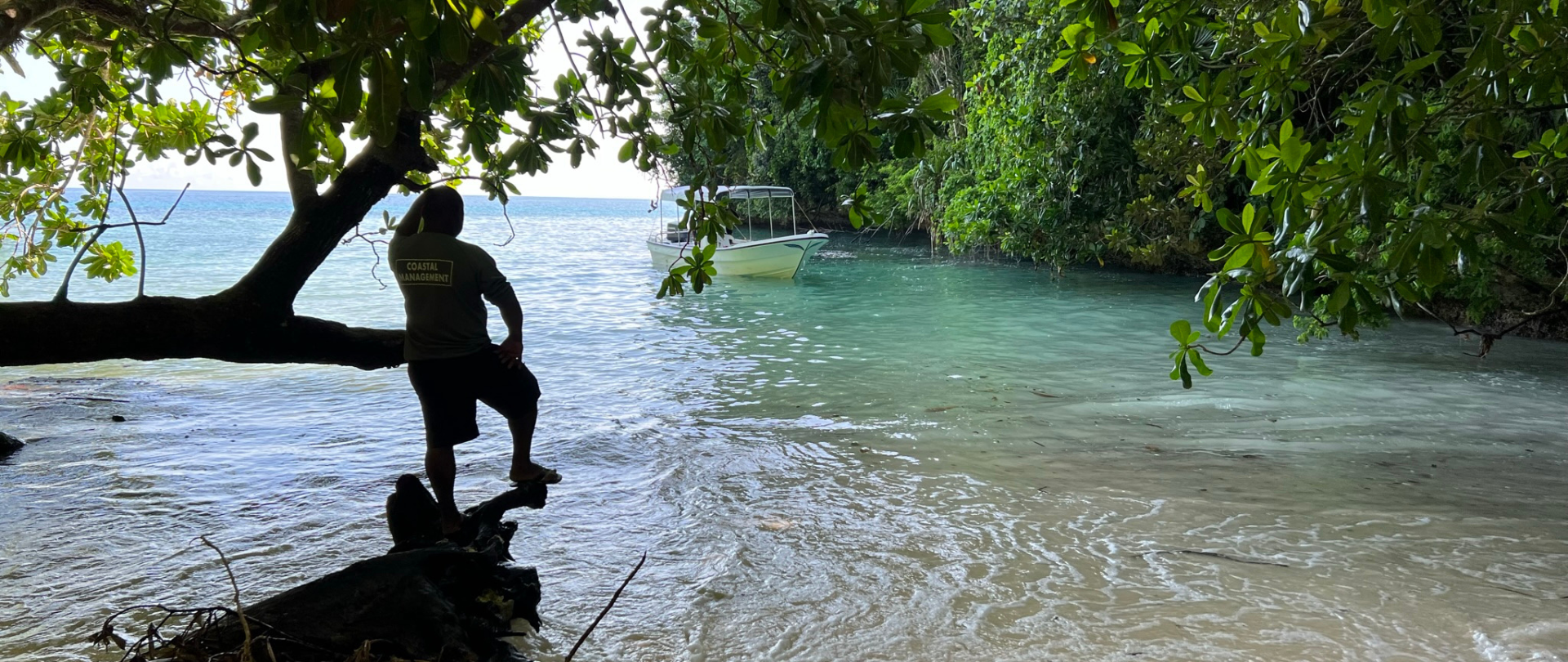October 29, 2025
Data Shows Endangered Palau Ground Doves Swiftly Recovering After Successful Palauan Island Conservation Effort
Astounding evidence of recovery on Ulong Island in Palau after just one year!
Published on
June 24, 2020
Written by
Island Conservation
Photo credit
Island Conservation

“Pajaros” means birds, and as the name suggests, Pajaros Uno Island serves as critical habitat for some of Chile’s most important seabird species, including Peruvian Boobies, Kelp Gulls, and the Vulnerable Humboldt Penguin. Just offshore from the dry, desert island the rich waters of the Coquimbo Coastal Current support the local fishing and ecotourism industry.

At the beginning of the 20th Century, invasive rats were unintentionally introduced to the island—decimating the Peruvian Diving-petrel population along with other seabirds and removing their vital nutrients from the natural island-ocean interchange. In order to make the island once again habitable for seabirds, Island Conservation and Chile’s Ministry of the Environment will remove invasive rats from Pajaros in July 2020.
With the return of seabirds following rat removal, and the regrowth of native vegetations, the marine environment will rebound, and as fish stocks increase the fishing and tourism industries will flourish. Island Conservation’s project lead, Jose Louis Cabello explains,
This project will have a tremendous impact on restoring the island’s ecosystem services to the local fishing community and a prosperous future for local tourism. We all hope that this project will lead us to carry out more eradication and restoration projects in Chile, for the benefit of local communities and conservation.”
Check out other journal entries we think you might be interested in.

October 29, 2025
Astounding evidence of recovery on Ulong Island in Palau after just one year!

July 31, 2025
Our Seasonal Monitoring Specialist, Cozette Romero, shares her experience on Tofua in Tonga!

May 19, 2025
Read our position paper on The 3rd United Nations Ocean Conference (UNOC 3) to see why we're attending and what we aim to accomplish!

December 4, 2024
Ann Singeo, founder of our partner organization the Ebiil Society, shares her vision for a thriving Palau and a flourishing world of indigenous science!

November 22, 2024
This historic agreement aims to protect the marine and coastal areas of the Southeast Pacific.

November 18, 2024
Our projects to restore key islets in Nukufetau Atoll forecast climate resilience and community benefits in Tuvalu!

October 3, 2024
Island Conservation and partners have published a new paper quantifying ecosystem resilience on restored islands!

September 10, 2024
Climate Week NYC: what is it and why is it important? Read on to find out why Island Conservation is attending this amazing event!

September 5, 2024
With sea levels on the rise, how are the coastlines of islands transforming? Read on to find out how dynamic islands really are!

August 27, 2024
Three Island-Ocean Connection Challenge projects in the Republic of the Marshall Islands bring hope for low-lying coral atolls!